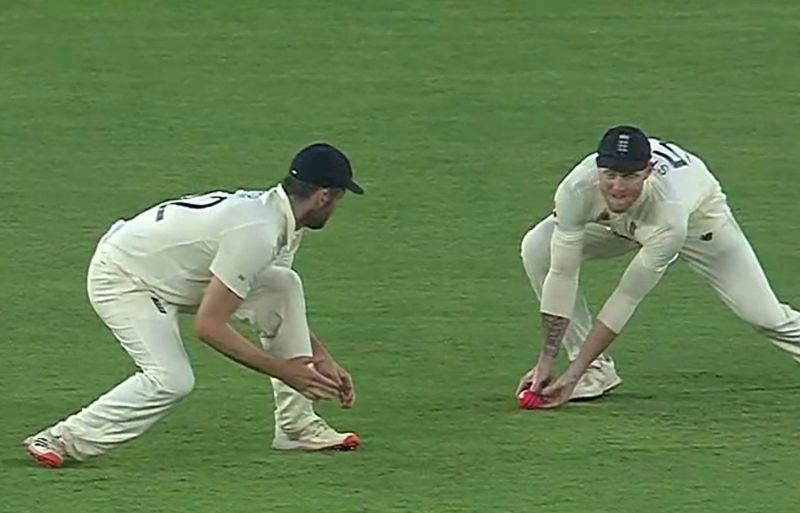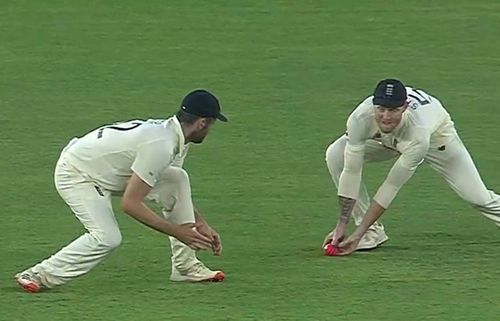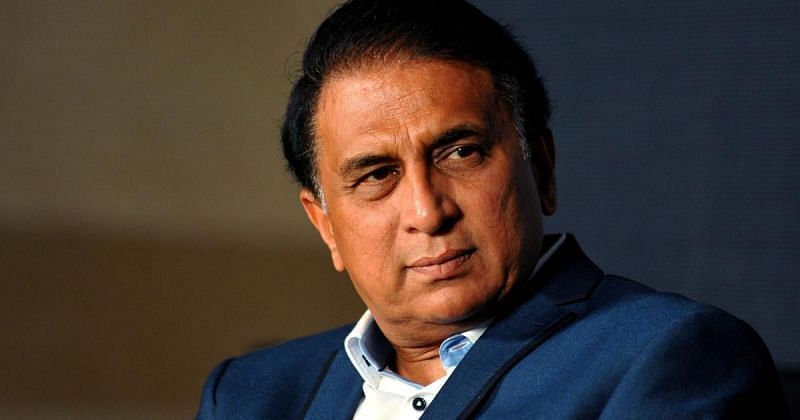
"The ball has touched the ground. Period." - Sunil Gavaskar on the controversial Ben Stokes catch

Cricketer-turned commentator Sunil Gavaskar has rallied behind the Indians in a controversial umpiring decision involving England's vice-captain Ben Stokes on Wednesday.
In the 2nd over of India's first innings in the 3rd Test, opener Shubman Gill edged a ball to the slip cordon. Ben Stokes at the second catch took a low grab and immediately claimed the catch. The umpires were doubtful and decided to leave the decision to the 3rd umpire, C. Shamshuddin.
Notably, on-field umpire Anil Chaudhary gave the soft decision as out. C. Shamshuddin just looked at a solitary replay and overturned the on-field call, giving a major reprieve to India.
England skipper Joe Root and Ben Stokes were both tangibly unimpressed by the decision. While Root was involved in a vexed argument with the umpires, apparently referring to the soft-signal, Ben Stokes reacted with a sheepish grin and sarcastic applause.
The commentators on air rewatched the slow-motion replays multiple times, and an infuriated Sunil Gavaskar said there should be "no arguments" at all.
"The ball has touched the ground. Period. No arguments. If anyone has any arguments, they come and see me later," said the former India captain.
According to the laws governing cricket, a catch is considered fair only when the fielder's fingers are underneath the ball when the ball is caught. In Ben Stokes's case, he had caught the ball initially, grassed it while diving and picked it up again in a matter of few seconds.
What is soft-signal and how does it apply to Ben Stokes's case?

When an on-field umpire decides to consult the TV umpire regarding a close catch, he/she has to come up with a decision based on his instincts. Basically, the on-field umpire makes his decision and asks the TV umpire to make sure that he was not wrong.
The third umpire on his part requires 'conclusive evidence' to overturn this soft-signal. Ben Stokes was confident that he had caught the ball and the umpires in Chennai went with him.
The bone of contention, in this case, is C. Shamshuddin's decision to avoid any further replays, angles, or even zooming in the first replay, as is the norm.